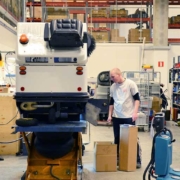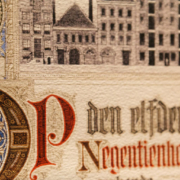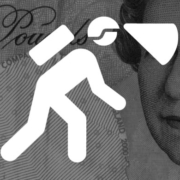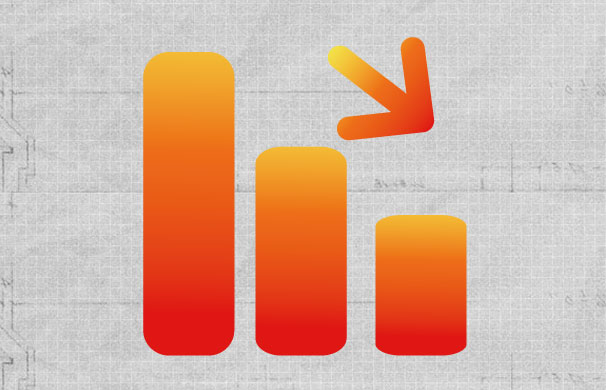Capital Allowances Tips
Even for a so called expert, filling out a tax return can be a confusing enough process, but the one section that often has everyone flummoxed is the capital allowances. Here are some simple pointers to explain the reason and process for claiming capital allowances.
So, you’ve spent a load of cash on a tangible piece of equipment for your business, e.g. a vehicle, a machine, a barber shop chair etc.
The standard accounting treatment for recognising the reducing value of an asset is depreciation
This piece of equipment will most likely reduce in value over time, meaning a cost to your business, and HMRC allow you to offset an annual percentage of the value of that asset against your tax liability.
The standard accounting treatment for recognising the reducing value of an asset is depreciation, but a depreciation expense in the accounting is not an allowable expense in the calculation of taxable profits.
To claim this tax relief it must be included as a Capital Allowance.
The most common categories of fixed asset are Motor Vehicles and Plant & Machinery.
Motor Vehicles are, obviously, vans, cars, trucks etc. and those who use their personal car for business purposes can also claim a capital allowance on its value, as long as it is apportioned between personal and business use %.
Machinery means computers, office equipment, machines etc.
Plant is slightly more complicated. The formal definition is that it has to perform an active function – equipment that the business is carried out ‘on’, as opposed to ‘in’. Therefore, land, buildings and property cannot generally be classed as plant for capital allowances (and are not usually depreciated either).
Annual Investment Allowance – is an annual allowance on purchases of plant & machinery (not motor vehicles) up to £25,000. E.g. if you buy a computer for £1,000 then you can claim the full amount in the first year of ownership.
This is a scratch of the surface, it gets a lot more interesting when going into FYA on low-emission vehicles, disposals and exceptional treatments etc. If you would like any more information on this subject, just give us a call on 0131 556 8595.
- Steedman Accountants Charity Event in Edinburgh - March 6, 2023
- The Ethereum Merge - September 27, 2022
- Steedman & Company Launch Entrepreneurial Networking Club - September 6, 2021
Jason has over two decades of experience in accountancy, finance and technology gained in London, Edinburgh and Manchester with Deutsche Bank, Baillie Gifford, Edinburgh Partners and, most recently, BNY Mellon where he was Fund Accounting Vice President.
Jason has a BSc in Mathematics from Heriot Watt University, Investment Management Certificate (IMC), Investment Administration Qualification (IAQ), PRINCE 2 Practitioner status and is a member of the Association of Chartered Certified Accountants (ACCA).
Jason works with clients across many sectors and specialises in helping start-up companies launch and grow, implement systems and access funding and tax reliefs.







